Se te hizo chistoso cuando….
Una riza debe de consolar el alma de todo lo malo en la vida. En cambio, a veces sin reconocerlo, las personas tristemente usan sus rizas para burlar y aislar a los demás.
Our laughs say so much. Rather than console people’s souls from all the negativity in their lives, sadly, people use their laughs to mock and isolate others.
To this day, I ask myself why was it funny when you heard me ask a question in Spanish to our first-grade teacher? Were you amused by the way my bilingual tongue could roll its “r’s?” Did you think it was okay to laugh at those who were gifted with the ability to speak in anything but what was normal to you? When I was younger, your laughs would have broken the thin sheet of ice that covered the entirety of my heart, but today, I can simply tell you that each new comment brings a layer of protection from your witty laugh. My dual identities were not something meant to be turned on and off, like a light switch for your amusement each time I translated your dirty words.
Was it funny that as an adult, you realized that you had no direct connection to the language of your ancestors? Meanwhile, having been raised speaking Spanish, developing into Spanglish, and tracing the sounds of Nahuatl from my parents’ lips, I understood the importance of sembrando las semillas nativas de mis raíces into the diverse communities I have proudly worked with.
I can assume by your jokes that it was funny when you saw the holes in our jeans patched up with extra fabric at our knees. Did you feel the need to mock us by showing off your brand new clothes every school year in comparison to our hand-me-downs? Maybe you were just jealous that we had more fun on the playground, causing the denim at our knees to wear out. Could it be that your mamá never taught you the value of a good pair of jeans, passed down from sibling to sibling with the help of a sewing needle? Or what about the looks our parents received upon appearing at parent-teacher conferences, award assemblies, or meetings after work, not being able to change out of their stained and dirt-filled clothing after a long day of agricultural work?
Now tell me, why was it funny to poke at the scar on my right arm from a shot that identified I was born in Mexico? Was it really all that fun to poke at, like if it was a dimple from a smile, that drew people’s attention for a needed explanation? It isn’t funny when the same classmates you grew up teasing, are now fearing deportation or might have families facing the inhumane treatment of immigration detention centers. It isn’t funny to be fearfully awaiting any upcoming news on the status of DACA. Where are you now to support the “simple” fears that became real, all too fast, for the undocumented community?
To retrace back on the years, my fragile corazón de pollo grew to combat all the emotions that came from your laughs. Your laughs never made me feel like being bilingual was ever shameful, for it only made the connection I have with my community much stronger. I may not have come from the wealthiest of families, but we are all equally worthy and deserving of creating our own success stories. I wish my childhood-self would have been strong enough to realize that our backgrounds are much more valuable than the constant laughs and mockery the country still directs towards us.
You see, children tend to laugh at a lot of things; but, to this day, why was it funny?
Do you still think it’s funny when you realize that the innocent minds cultivated by ignorance grow up to be the peers, politicians, and public officials who use their laughs to mock and shame our community? Children grow up oblivious to how these forms of subtle mockeries shape the lack of acceptance for other cultures and nationalities. Growing up in similar communities tends to be helpful when navigating and developing your identity. However, stepping out of those communities can be tough when finding and claiming your space. Once you learn to disregard the critiques and mockery of society, you begin to realize that our communities are not looking for pity but simply a desire to be heard.
In a world that challenges us with their laughs, there is no way out, other than to mature and defend ourselves at such an early age. For this reason, always remember that we create our identity. We defend our identity. We enable our identity.
When we finally use these mockeries to reclaim our power to prove you wrong, don’t be surprised by our laughs, because little did you know, that we would be the future of this country.
Visual by: Haven Morales

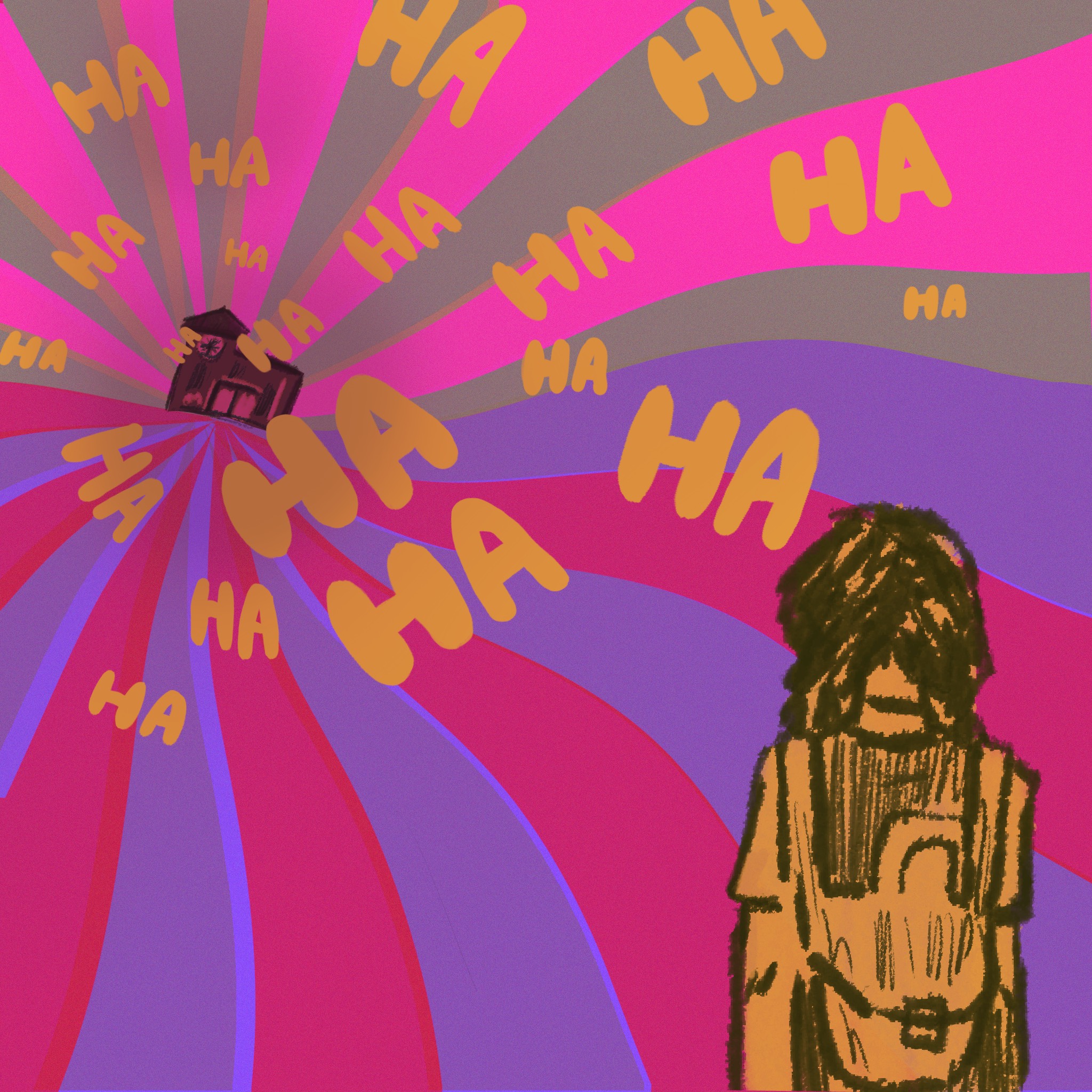




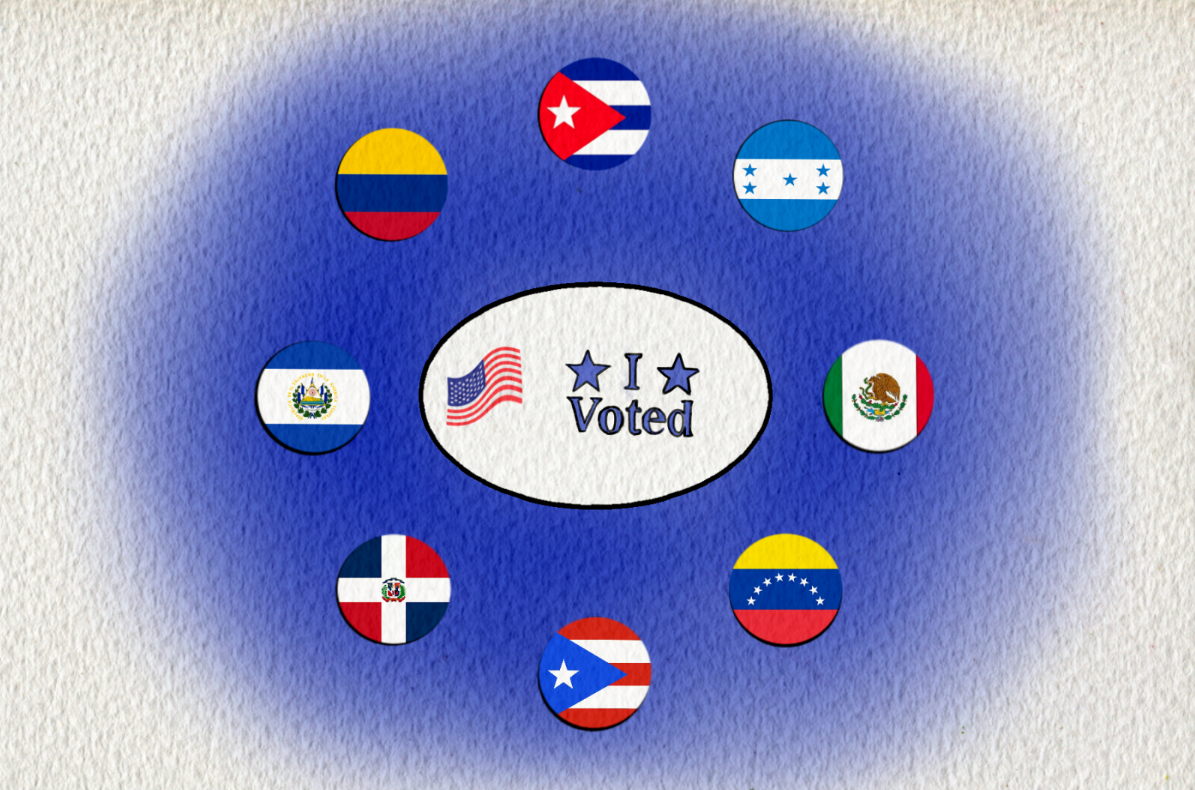
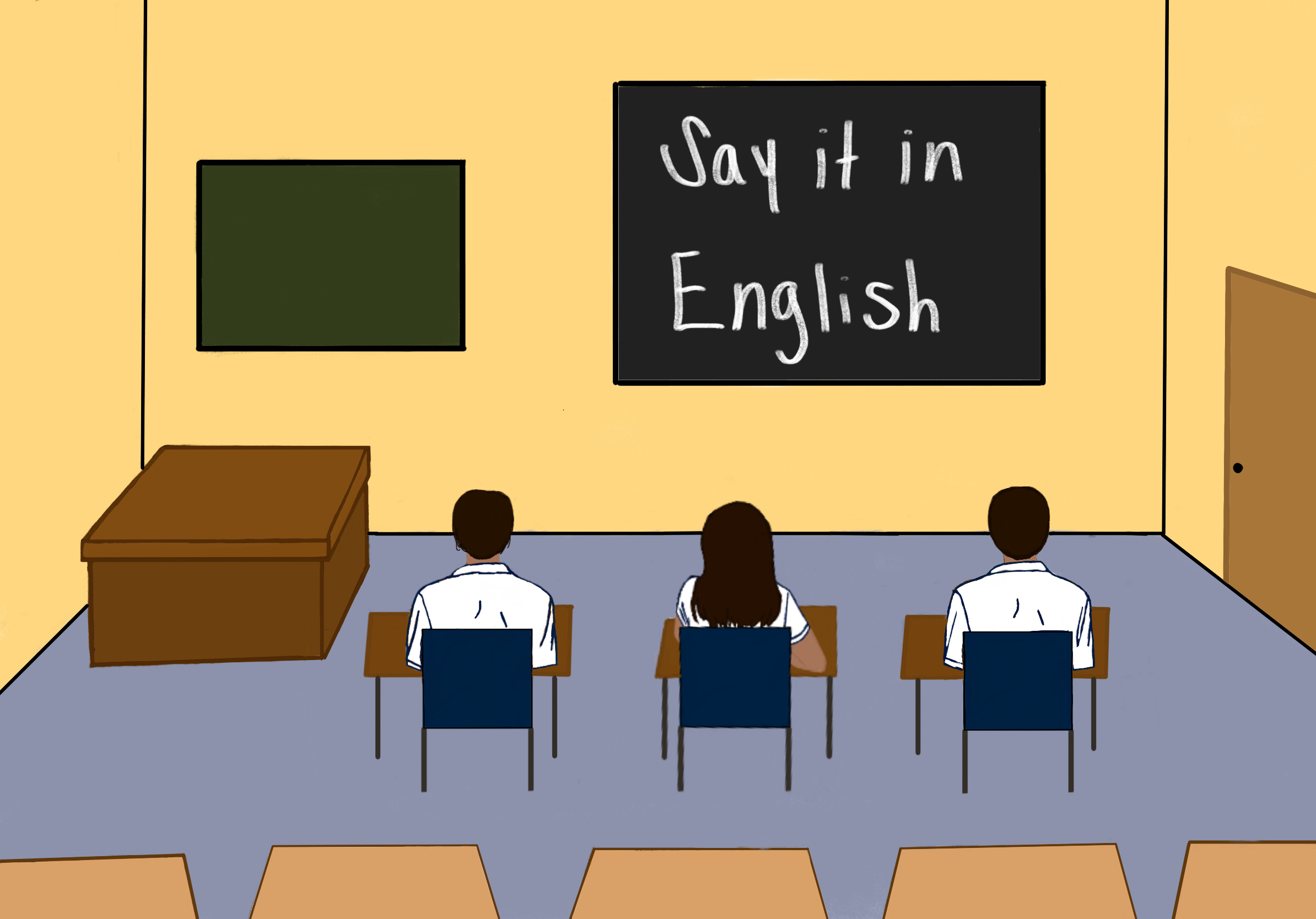
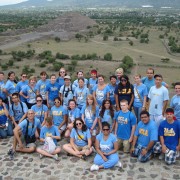

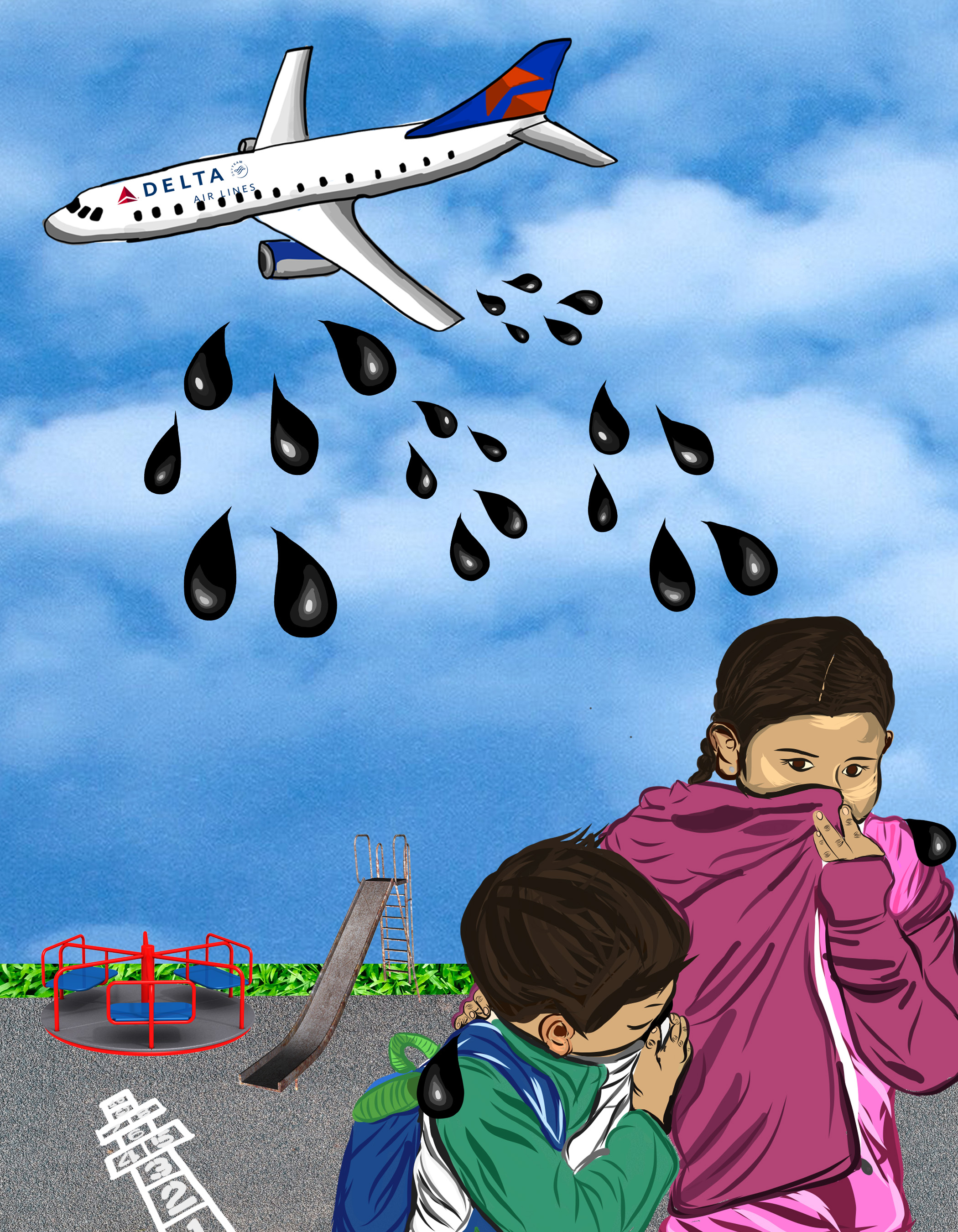
Leave a Reply
Want to join the discussion?Feel free to contribute!